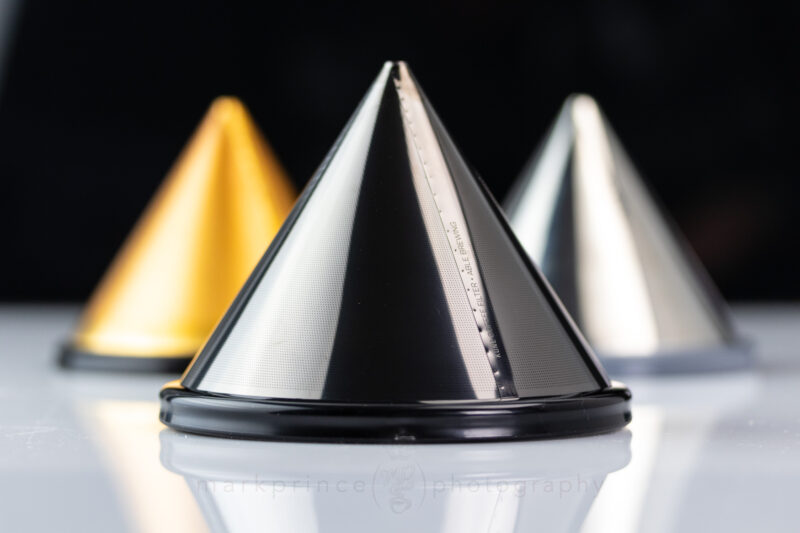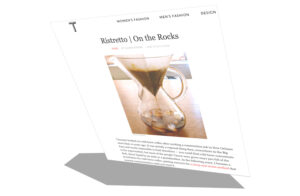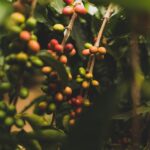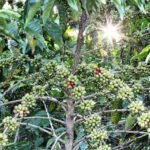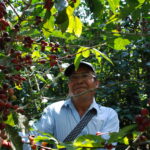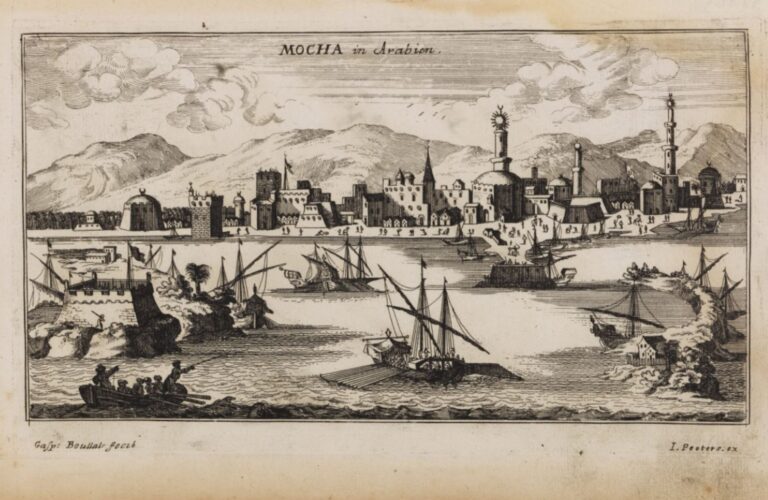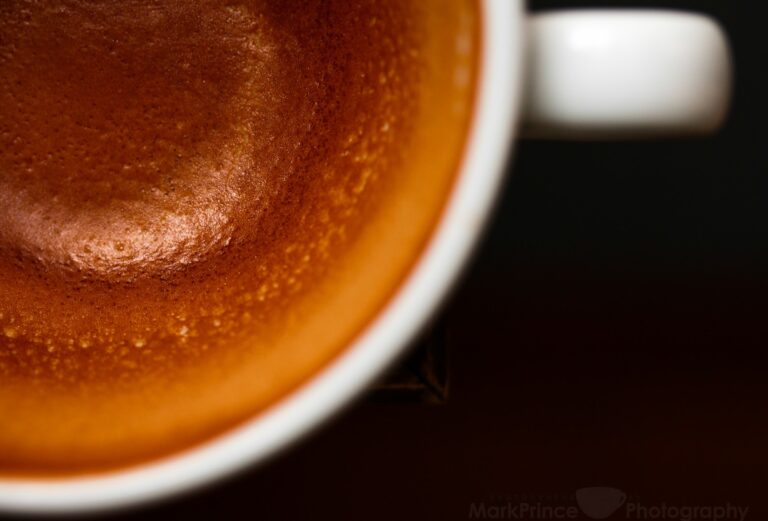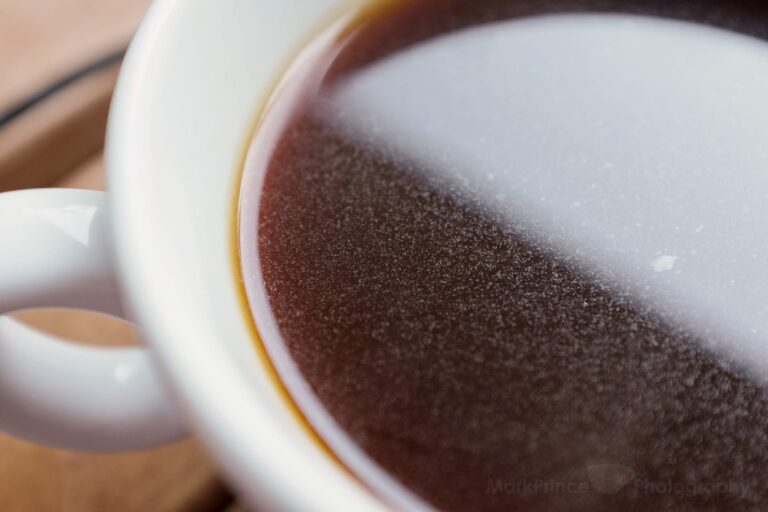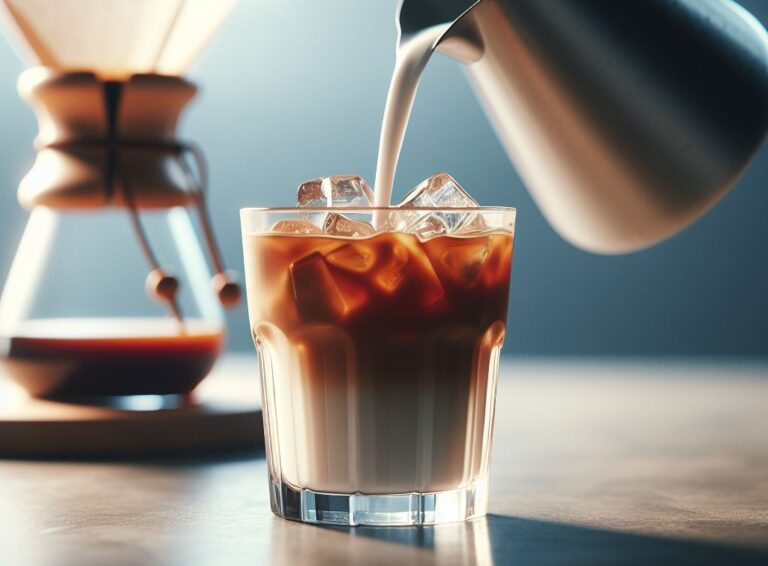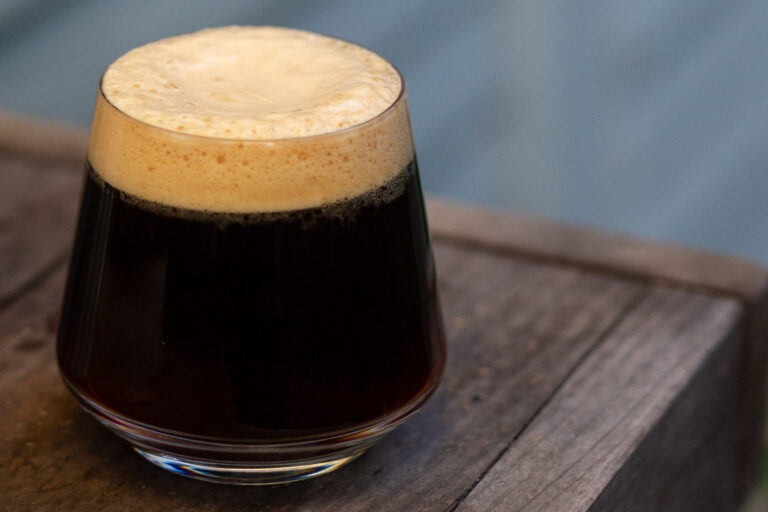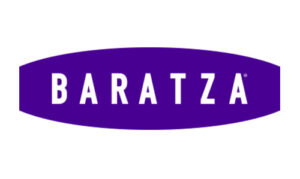Arabica lovers rejoice with news of the re-discovery of Coffea stenophylla, a coffee species found in the wild in Sierra Leone.
On April 19th, a team of scientists led by Botanist Aaron Davis from the Royal Botanic Gardens published a paper in Nature Plants stating that Stenophylla, the species of coffee rediscovered in the dense forests of Sierra Leone in 2018, can survive at temperatures of between 6.2 to 6.8 degrees celsius (approximately 42 to 44 degrees fahrenheit) warmer than popular coffee varieties Arabica and Robusta. In addition to Sierra Leone, the plant has been known to grow in the wild in Guinea and the Ivory Coast.
For reference, Arabica makes up 56 percent of global coffee production, while Robusta makes up 43 percent. With rising annual temperatures due to the threat of climate change, coffee scientists are studying the development of climate-resilient coffee crops.
The Future of Coffee
As the future of coffee farming is uncertain due to the unknown effects of climate change, experts believe that Stenophylla could be the key to saving the multi-billion dollar coffee industry. The industry starts from the bottom-up with coffee farmers in Western Africa and supports the economies of several smaller nations.
Stenophylla thrives in hot, tropical areas, and grows at only 1300 ft. of elevation. Additionally, the species is thought to be drought-resistant and resilient to “Leaf rust.”
Leaf rust is a fungus that decorates the leaves of the coffee plant with “rust.” This causes the foliage to wither and the plant to stop growing coffee bean producing cherries.
How the Taste Compares
Although Stenophylla is yet to be domesticated, its flavor was rated as excellent by a team of eighteen experts. The experts agreed that the species’ taste features a “complex flavor profile, natural sweetness, medium-high acidity, fruitiness, and a good body.”
The taste of Stenophylla is most often compared to Arabica, the leader in high-end coffee production. Arabica is widely known to have a far superior flavor to Robusta. The species is known as “mountain coffee,” as it only grows at high elevations. Although Arabica originated in the mountains of Ethiopia and South Sudan, the species now grows in South America as well. However, Arabica is harder to grow than Robusta, because it needs elevation and the correct amount of shade. Experts are hopeful that Stenophylla will be able to provide the same level of quality as Arabica under conditions that match the future of climate change.
Jake Safane is a freelance journalist and content marketer living in LA who's worked for companies like The Economist. When's he not drinking coffee to fuel his writing, he enjoys baking vegan goodies and exercising.
-
Jake Safanehttps://coffeegeek.com/author/j-safane/January 12, 2023
-
Jake Safanehttps://coffeegeek.com/author/j-safane/April 6, 2022
-
Jake Safanehttps://coffeegeek.com/author/j-safane/May 25, 2021


